With more than 22,000 kilometers of natural gas pipelines, Ukraine has been a key player in Europe’s energy market for decades. But by the end of this year, the flow of gas from Russia through Ukraine to Europe could be disrupted.
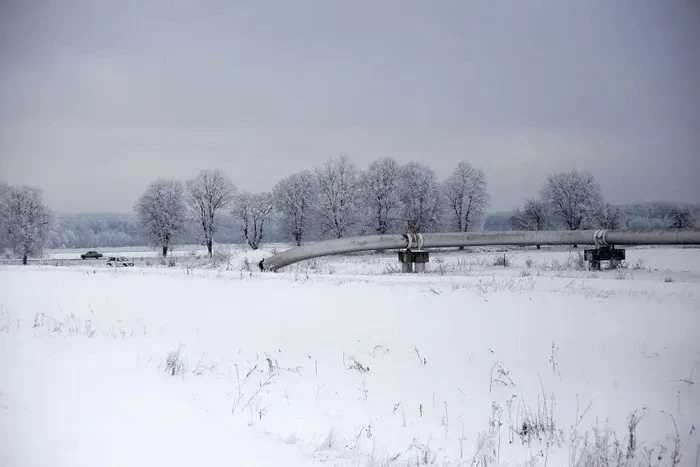 |
| A section of the Urengoy-Pomary-Uzhgorod gas pipeline in Ukraine. The pipeline will carry gas from western Siberia through Sudzha in Russia’s Kursk region, then through Ukraine towards Slovakia. (Source: Vincent Mundy/Bloomberg) |
Before Russia’s military operation in Ukraine, Moscow and Kiev agreed on a five-year gas transit deal in December 2019. Under the deal, 45 billion cubic meters of Russian gas will flow through Ukraine in 2020 and 40 billion cubic meters per year between 2021 and 2024.
The agreement expires at the end of this year. It is unlikely to be extended, which would cut off the flow of Russian gas to Europe – hitting the regional market at a crucial time – the heating season.
Ukraine suffered the most damage?
Mr. Margarita Balmaceda, Professor of International Relations at Seton Hall University (USA) commented: "The end of the gas transit agreement through Ukraine is a sign of the end of a smoldering era. For the European energy market, this move will make the situation more chaotic. Meanwhile, President Putin's country will lose one of the two remaining gas pipeline routes to Europe."
On Ukraine’s side, the economy could suffer the most. According to Margarita Balmaceda, Kiev could lose the money needed to maintain its energy infrastructure and its status as a conduit for affordable energy to its Western allies.
For more than five decades, gas flows have been a key feature linking Russia, Ukraine and Europe. Since the collapse of the Soviet Union, gas transit via pipelines has become a key part of Russia-Ukraine relations.
The current transit agreement is the only remaining trade agreement between the two countries.
Experts estimate that the flow of Russian gas through this route currently accounts for less than 5% of Europe's supply, but is still enough to impact regional energy security.
Financially, the country risks losing up to $800 million a year, according to estimates by Mykhailo Svyshcho, an analyst at Kiev-based ExPro Consulting.
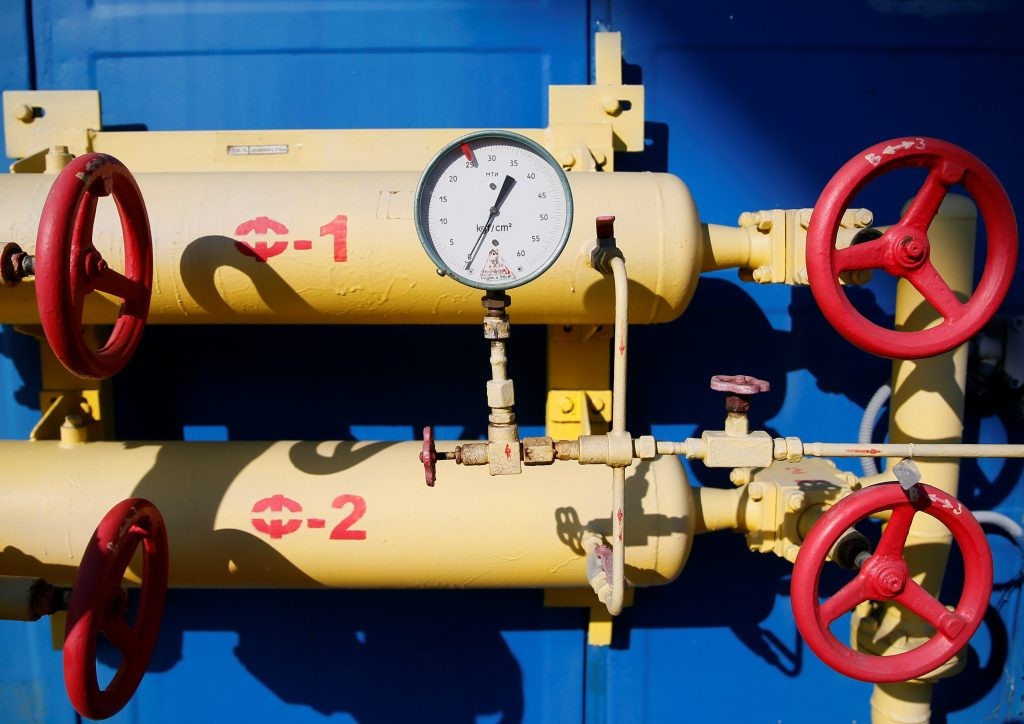 |
| A gas compressor station near Uzhhorod, Ukraine. (Source: Reuters) |
European solutions
For Europe, most of its gas customers transiting Ukraine have found alternatives. The European Union (EU) has also downplayed the prospect of a new deal as diplomatic ties have been severed because of the military operation.
For example, Germany, which has increased its gas supply via pipeline from Norway and built facilities to import liquefied natural gas (LNG) from around the world, is now independent of gas imports via Ukraine.
However, the door is not completely closed.
With German manufacturing under pressure, some opposition parties and business leaders are calling on the government to return to receiving gas from Russia. A route via Ukraine would be the most viable, after the Nord Stream pipeline was sabotaged in September 2022.
Austria and Slovakia - the two main recipients of gas via Ukraine - said they were ready to "let go" of this gas source.
Slovakia's largest gas supplier SPP said the country is in a comfortable position ahead of winter, receiving gas from Algeria and other sources. And Austria is also prepared.
Meanwhile, Hungary has been receiving Russian gas from an alternative route – the TurkStream pipeline.
Still have worries in the coming winter
For Moscow, there are other routes to sell gas, including pipelines through Türkiye, expanding links with China and exporting LNG.
However, according to Bloomberg calculations, if the agreement with Ukraine ends, Russia could lose $6.5 billion/year at current prices. This is a strong incentive for the Kremlin to negotiate an extension of the agreement.
Last week, President Vladimir Putin said he was ready to continue gas transit through Ukraine after 2024.
President Volodymyr Zelenskiy, on the other hand, has said he will not renew the deal to cut off the flow of money to the Kremlin.
Ukraine has held transit talks with Azerbaijan, which currently supplies gas to eight European countries.
However, the reality is that Azerbaijan's gas production is not enough to completely replace it in the short term, and any alternative deal would likely include Russian gas, which Russia could sell to Azerbaijan and then re-export to Europe, said Anne-Sophie Corbeau, a research fellow at the Center on Global Energy Policy at Columbia University.
Agreements with Kazakhstan and other suppliers in Central Asia could also be an option, but there is little time left to negotiate.
Bloomberg news agency stressed that, in any case, the loss of the route through Ukraine almost certainly risks causing volatility in European markets.
"There could still be energy shortages in the coming heating season," said Frank van Doorn, trading director at Vattenfall Energy Trading GmbH.
Source: https://baoquocte.vn/neu-nga-va-ukraine-buong-tay-thoa-thuan-qua-canh-khi-dot-chau-au-se-chim-trong-noi-lo-285840.html






![[Photo] Prime Minister Pham Minh Chinh launched a peak emulation campaign to achieve achievements in celebration of the 14th National Party Congress](https://vphoto.vietnam.vn/thumb/1200x675/vietnam/resource/IMAGE/2025/10/5/8869ec5cdbc740f58fbf2ae73f065076)

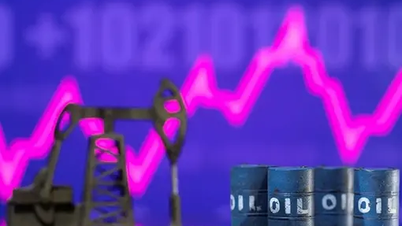



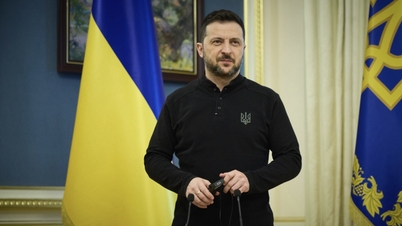

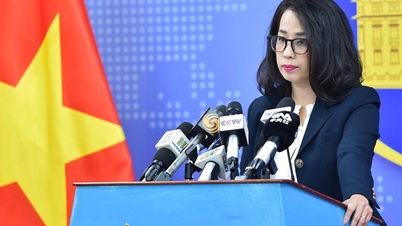

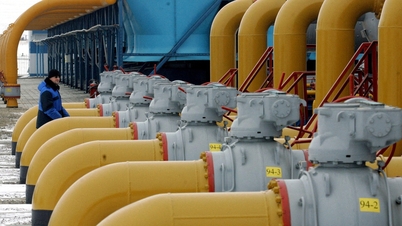

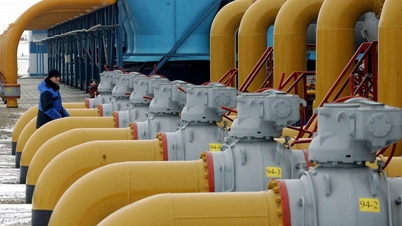
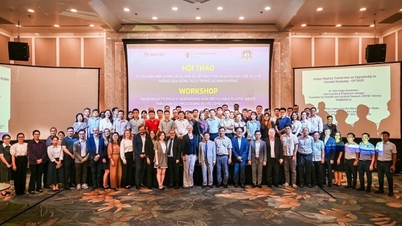




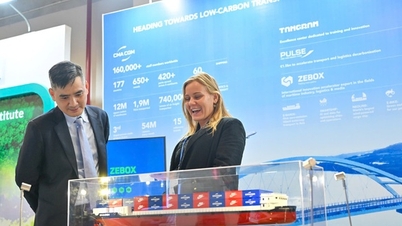





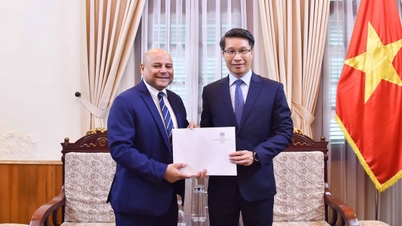
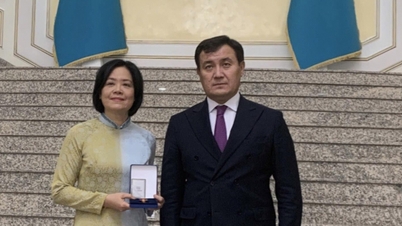
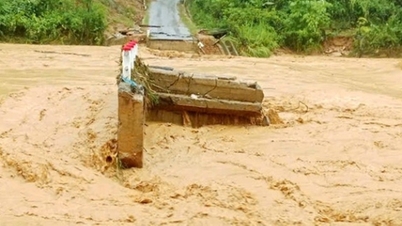


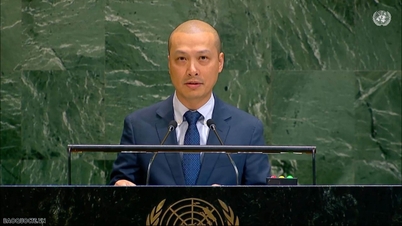
![[Photo] Bustling Mid-Autumn Festival at the Museum of Ethnology](https://vphoto.vietnam.vn/thumb/1200x675/vietnam/resource/IMAGE/2025/10/4/da8d5927734d4ca58e3eced14bc435a3)

























![[VIDEO] Summary of Petrovietnam's 50th Anniversary Ceremony](https://vphoto.vietnam.vn/thumb/402x226/vietnam/resource/IMAGE/2025/10/4/abe133bdb8114793a16d4fe3e5bd0f12)

![[VIDEO] GENERAL SECRETARY TO LAM AWARDS PETROVIETNAM 8 GOLDEN WORDS: "PIONEER - EXCELLENT - SUSTAINABLE - GLOBAL"](https://vphoto.vietnam.vn/thumb/402x226/vietnam/resource/IMAGE/2025/7/23/c2fdb48863e846cfa9fb8e6ea9cf44e7)
















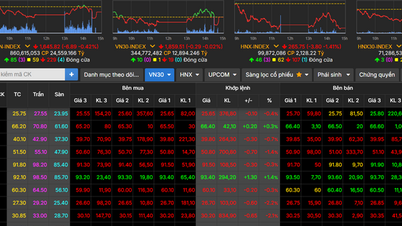




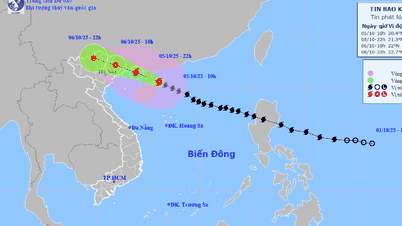

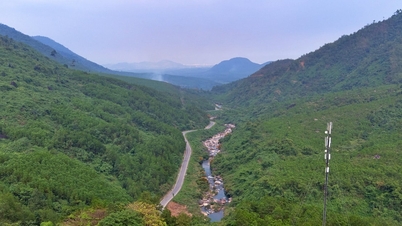












Comment (0)